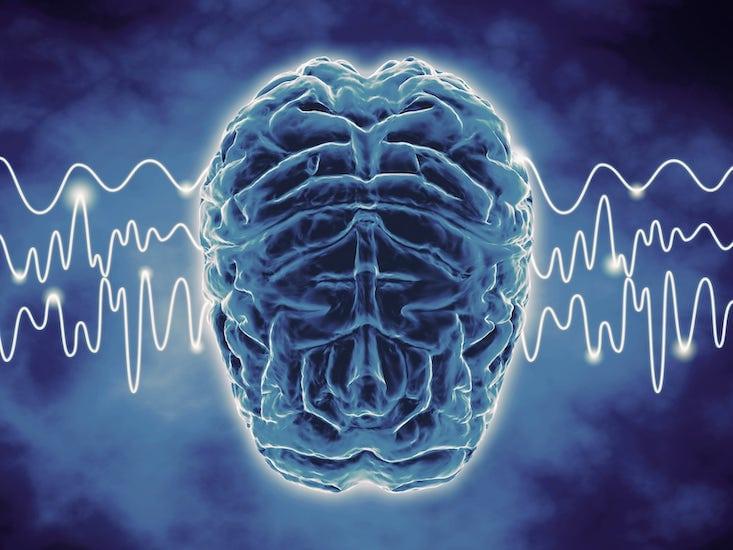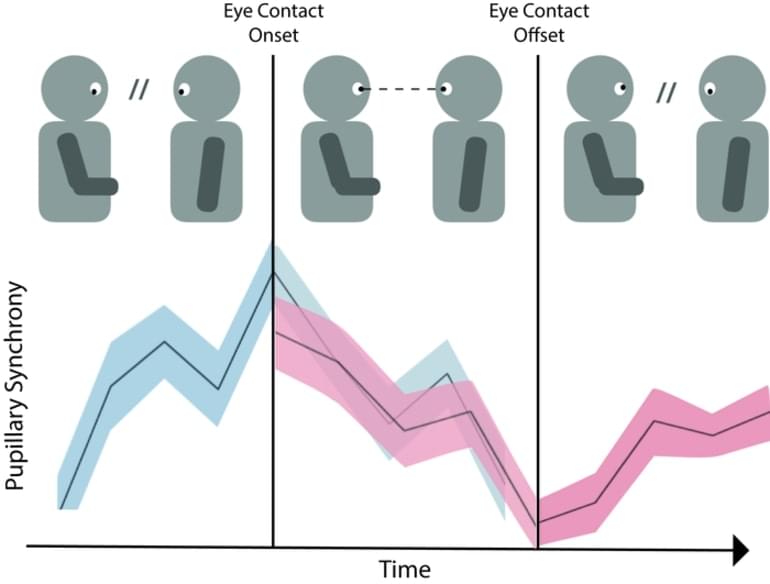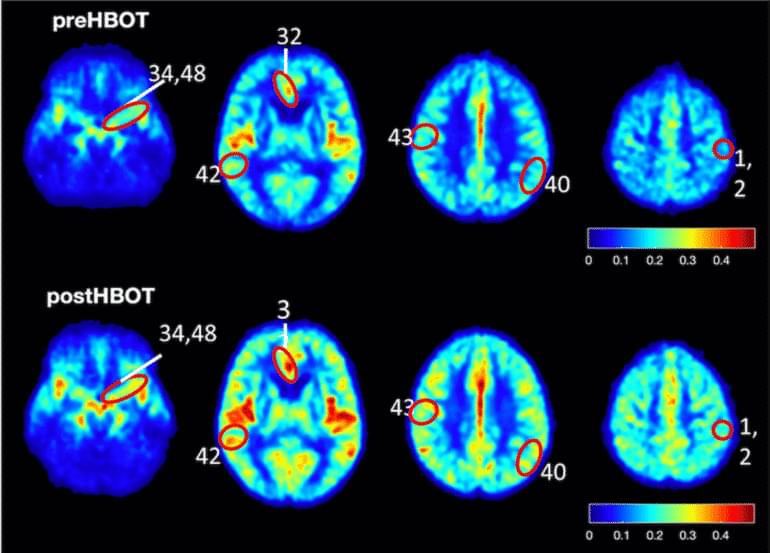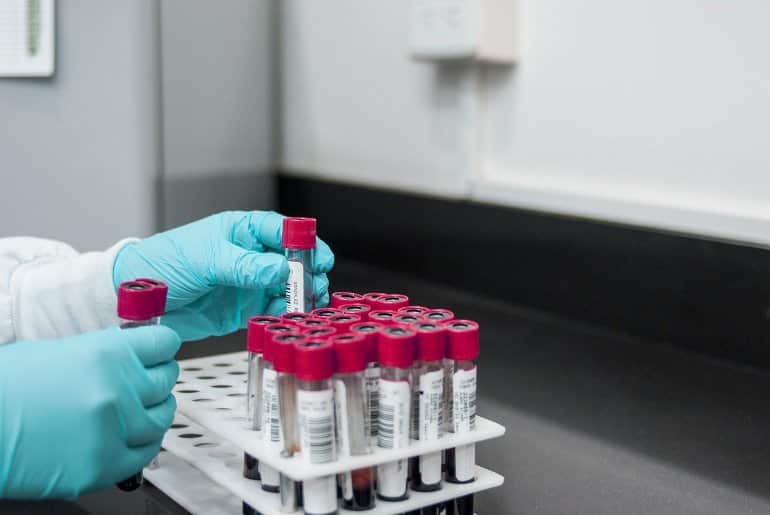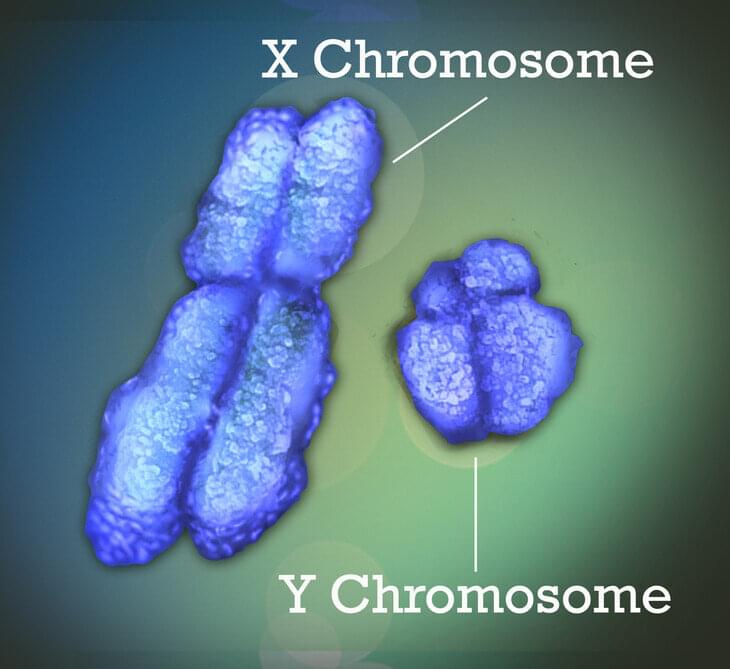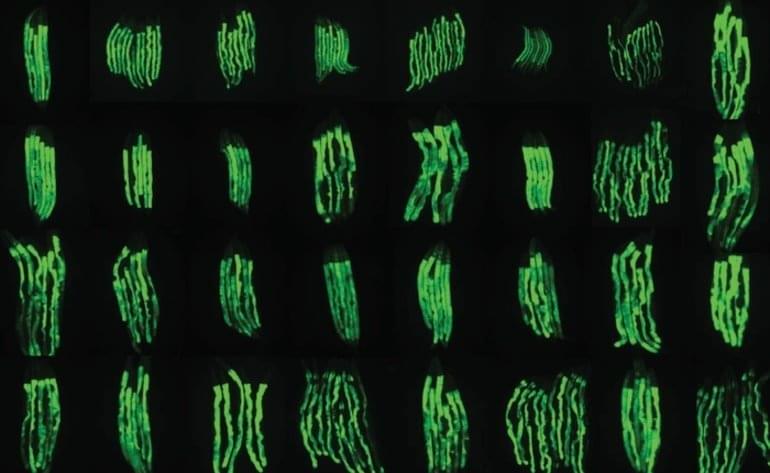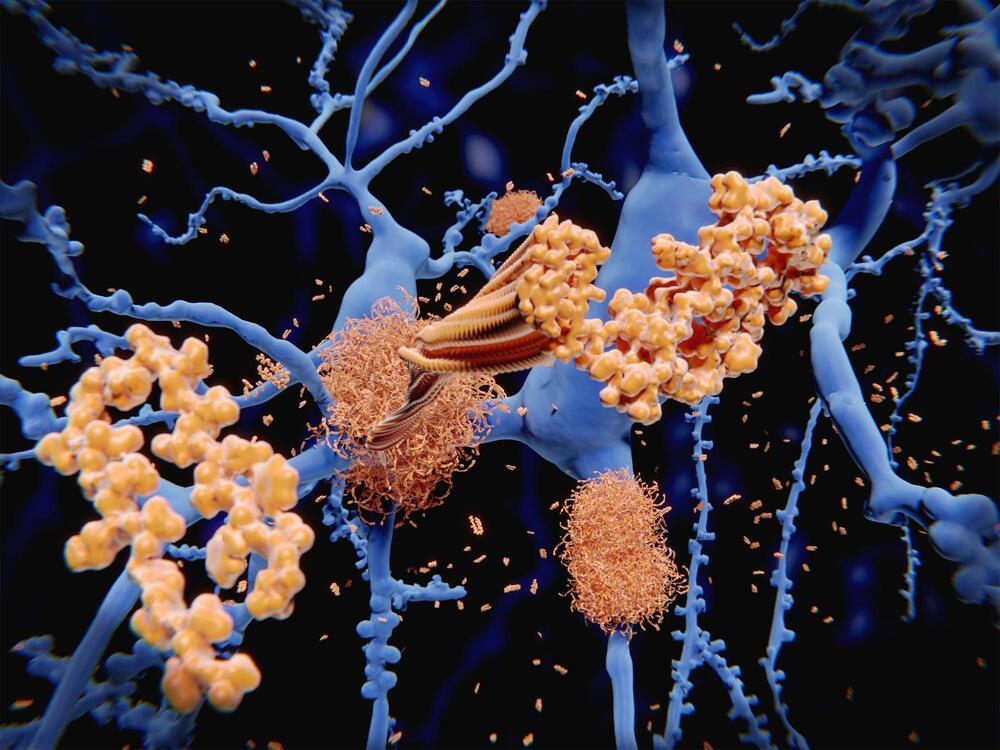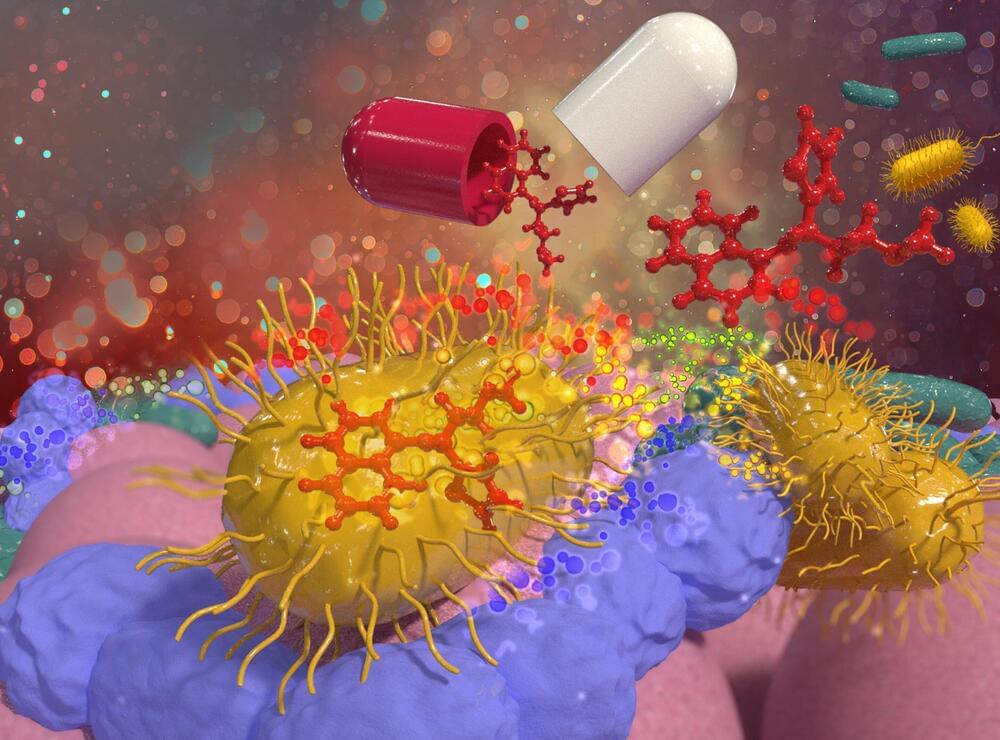How does consciousness arise? What might its relationship to matter be? And why are some things conscious while others apparently aren’t? These sorts of questions, taken together, make up what’s called the “hard problem” of consciousness, coined some years ago by the philosopher David Chalmers. There is no widely accepted solution to this. But, fortunately, we can break the problem down: If we can tackle what you might call the easy part of the hard problem, then we might make some progress in solving the remaining hard part.
This is what I’ve been up to in recent years with my partner in crime, Jonathan Schooler, a psychologist at U.C. Santa Barbara. Since I came up in philosophy, rather than neuroscience or psychology, for me the easy part was deciding the philosophical orientation. Schooler and I duked it out over whether we should adopt a materialist, idealist, panpsychist, or some other position on our way to a complete answer. I am, as I’ve written in Nautilus before, a card-carrying panpsychist, inspired by Alfred North Whitehead, David Ray Griffin, David Skrbina, William Seager, and Chalmers. Panpsychism suggests that all matter has some associated mind/consciousness and vice versa. Where there is mind there is matter, where there is matter there is mind. They go together like inside and outside. But for Jonathan, this was far too glib. He felt strongly that this was actually the hard part of the problem. Since he’s the Distinguished Professor and I’m not, we decided to call this philosophical positioning the hard part of the hard problem.
Consciousness is a snapshot of time.
